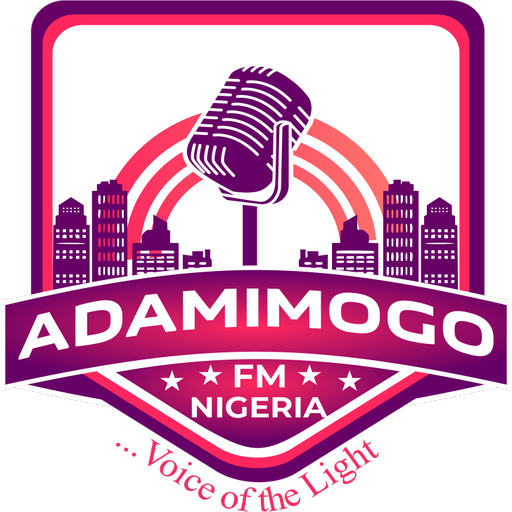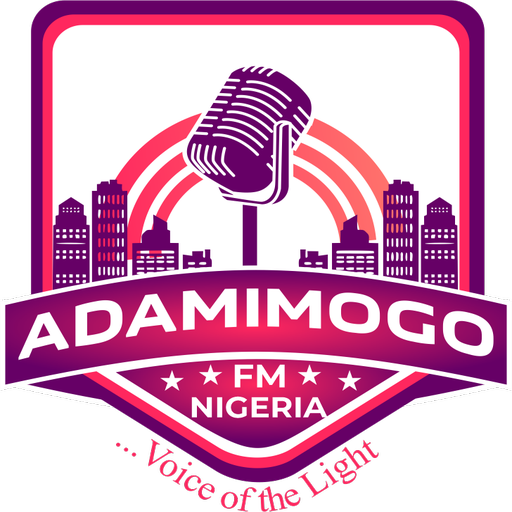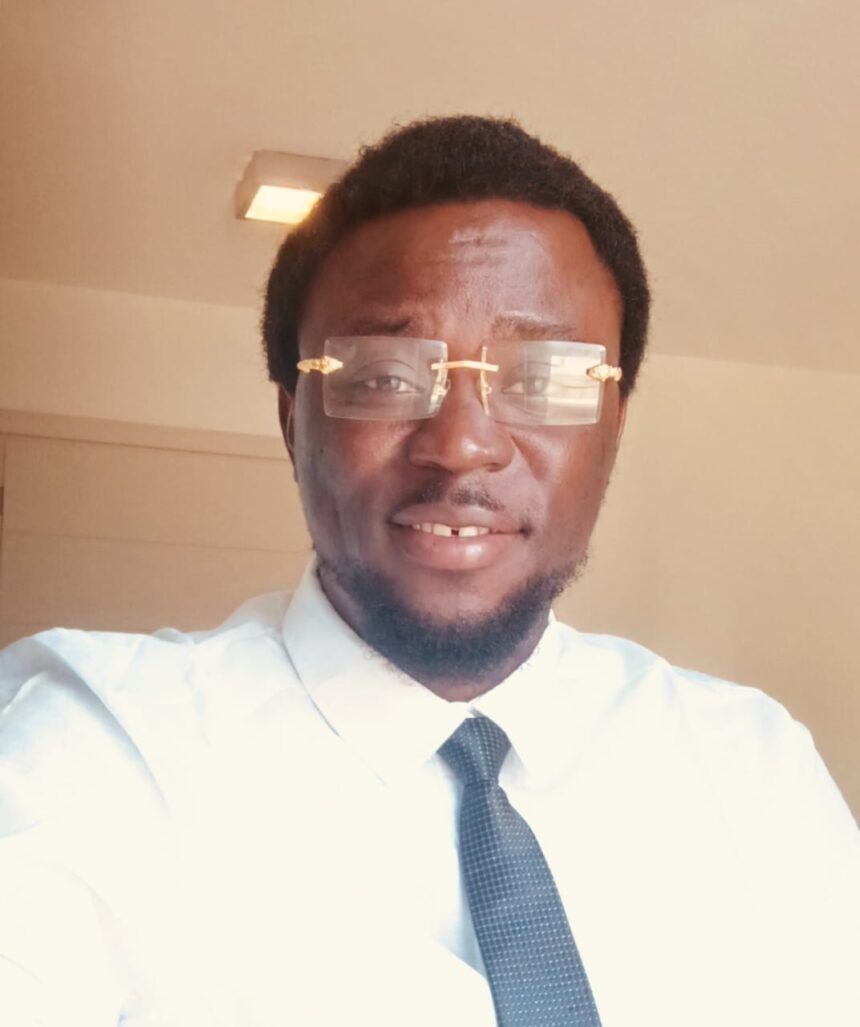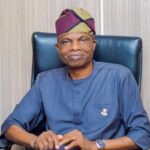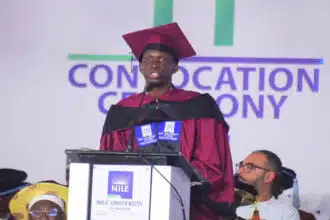Drug use disorder is fast becoming a public health crisis in Nigeria, yet vulnerable groups like persons with disabilities are often left out of the conversation.
This was the position of a fellow of YouthRise Nigeria Media Fellowship on Ethical Reporting and Substance Use, Saheed Ibrahim, during a recent appearance on the General Issues Podcast, a Nigerian-based radio platform that explores pressing societal concerns.
According to Ibrahim, contrary to popular assumptions, persons with disabilities are not immune to the challenges of substance use. In fact, they may be even more at risk. “Persons with disabilities are 40 percent more likely to use drugs compared to others,” he said, stressing that the issue isn’t disability itself, but the compounded exclusion, stigma, and emotional stress they experience.
Saheed who has worked on an independent report to substantiate his findings, also explained that drug use among persons with disabilities is often triggered by untreated medical conditions or long-term dependence on prescription medication. “There was a lady I met who suffered leg pain for years. She was given painkillers. Over time, she got addicted. Then she developed ulcers, but the pain remained. The dependency deepened, and no one noticed,” he said.
Ibrahim noted that drug dealers and traffickers also prey on people with disabilities, using them as unsuspecting couriers or storage units. “They exploit them because the system does not suspect persons with disabilities,” he said.
“Some of them who are only handling drugs eventually start using. It’s a vicious cycle.”
One key takeaway from the podcast was his insistence on changing the language around drug use. He argued that terms like “addict” reinforce stigma. “It is not addiction, it’s a disorder,” he emphasised. “This is a medical condition. A chronic, neurological, and psychological disorder. The word ‘addiction’ makes it seem like a moral weakness.”
On Nigeria’s healthcare system, Ibrahim was critical. He pointed out that most rehabilitation centres and hospitals are not accessible for persons with disabilities. “You won’t find sign language interpreters in most hospitals. There are no ramps or trained staff who understand disability needs. And when someone with a disability reports drug dependency, they’re mocked or shamed instead of helped,” he said.
The health advocate also raised concerns over the country’s punitive drug laws, describing them as outdated and harmful. He said criminalising drug users only drives the issue underground. “People hide their drug problems because they’re afraid of arrest or humiliation. But drug use is a health issue, not a criminal one,” he said.
To address the crisis, Ibrahim called for an overhaul of national drug policies, starting with proper rehabilitation centres in all 36 states, followed by training for health workers on inclusive care, and then a review of existing drug laws. “Let’s make the system people-centred. Let’s make it compassionate,” he added.
He referenced countries like Sweden and Portugal, where harm-reduction models have been adopted. “They offer mental health support and treat users with dignity. Their focus is healing, not punishment. Nigeria can learn from that,” he said.
Concluding the podcast, Ibrahim called for more awareness, education, and inclusive response systems. “Drug use disorder does not define a person.
For Saheed Ibrahim, with the right support and policies, recovery is possible for everyone, including Nigerians with disabilities.
Listen to the abridged podcast here
